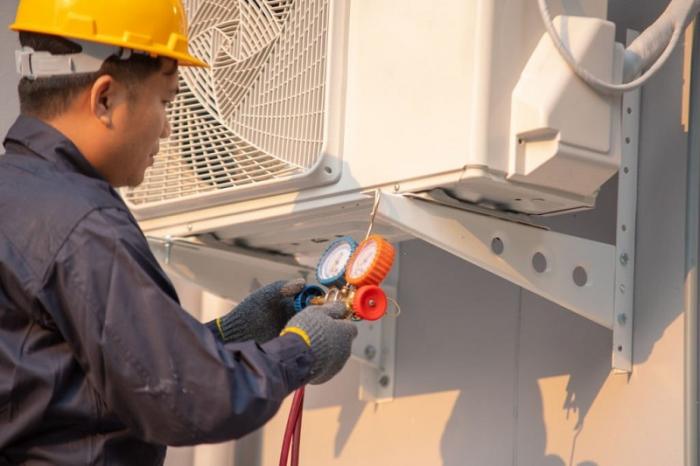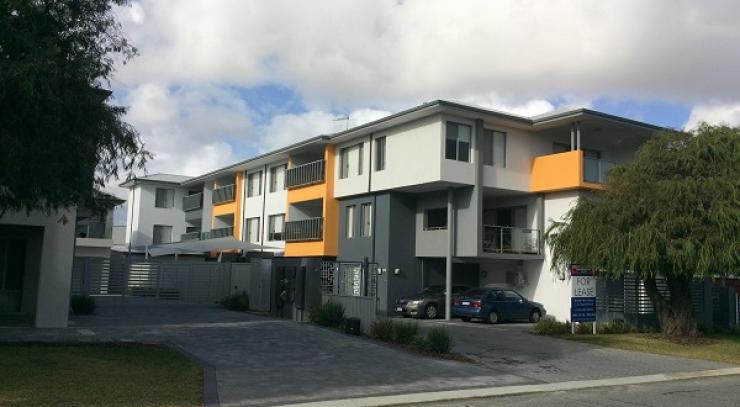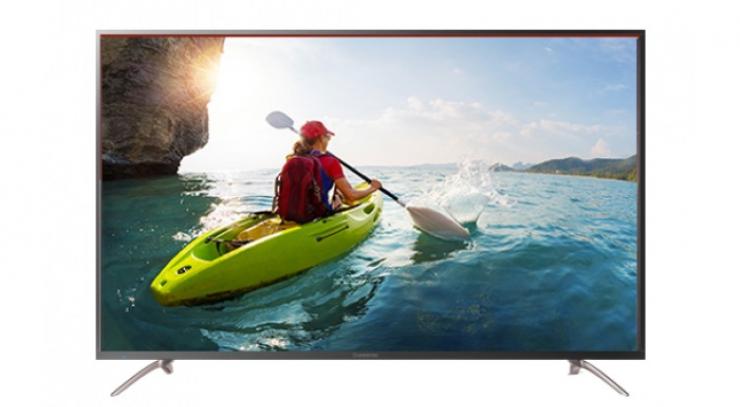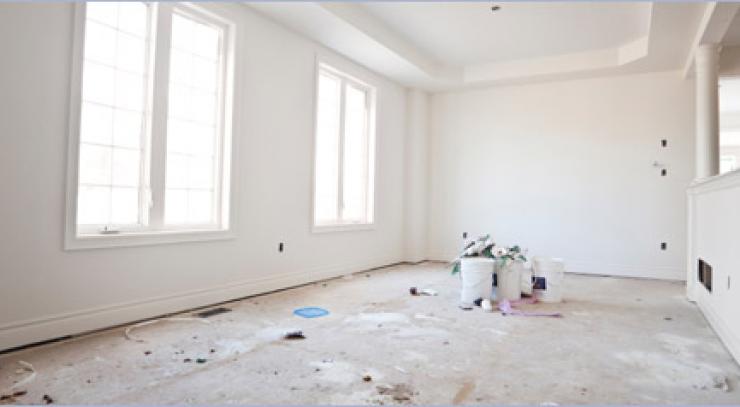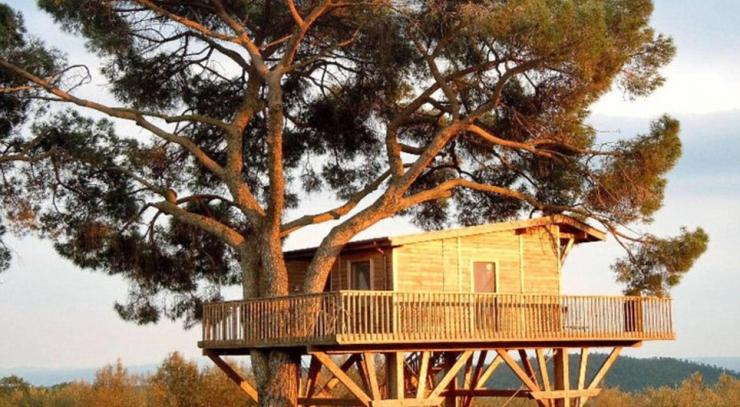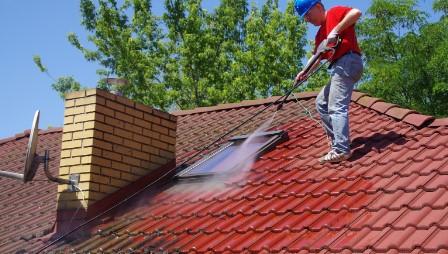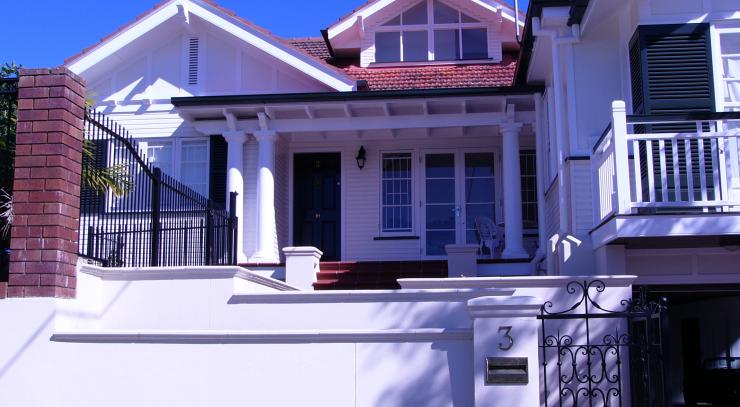As the global climate continues to change, the need for efficient and eco-friendly heating and cooling solutions becomes increasingly important. Homeowners and business owners alike are searching for ways to reduce their energy consumption, lower their carbon footprint, and save money on their energy bills. This article will explore various types of heating and cooling systems, factors to consider when choosing a system, and the benefits of implementing efficient and eco-friendly solutions in your home or business.
Types of Heating and Cooling Systems
There are several types of heating and cooling systems available, each with their own set of benefits and drawbacks. Some of the most popular options include:
Central heating and cooling systems:
These systems use a central unit to heat or cool air, which is then distributed throughout the building via ductwork. Central systems can be powered by electricity, natural gas, or propane.
Heat pumps:
Heat pumps work by transferring heat from the outside air to the inside of a building in the winter, and vice versa in the summer. They are an energy-efficient option, as they require less energy to operate than traditional heating and cooling systems.
Ductless mini-split systems:
These systems consist of an outdoor unit and one or more indoor units, which are connected by refrigerant lines. They are an efficient and flexible option, as they allow for individual temperature control in different areas of a building.
Radiant heating systems:
Radiant heating systems use heated water or electric coils to warm the floors, walls, or ceilings of a building. This type of heating provides an even, comfortable warmth and can be more energy-efficient than forced-air systems.
Evaporative coolers:
Also known as swamp coolers, evaporative coolers work by using the natural process of evaporation to cool air. They are an eco-friendly and energy-efficient option, especially in dry climates.
Factors to Consider When Choosing a Heating and Cooling System
When selecting a heating and cooling system for your home or business, there are several factors to consider, including:
Climate:
The climate in your area will play a significant role in determining the best heating and cooling solution for your needs. For example, heat pumps are an excellent choice for moderate climates, while evaporative coolers are better suited for dry climates.
Energy efficiency:
Energy-efficient systems may have a higher upfront cost, but they can save you money in the long run by reducing your energy bills. Look for systems with a high Seasonal Energy Efficiency Ratio (SEER) or Heating Seasonal Performance Factor (HSPF) rating.
Size:
The size of your home or business will also affect the type of heating and cooling system you need. A system that is too small will struggle to maintain a comfortable temperature, while a system that is too large will waste energy.
Installation and maintenance:
Some heating and cooling systems are easier to install and maintain than others. Consider the complexity of the installation process and the frequency of required maintenance when making your decision.
Budget:
Finally, consider your budget when choosing a heating and cooling system. While energy-efficient systems may have a higher upfront cost, they can save you money in the long run by reducing your energy bills.
Benefits of Efficient and Eco-Friendly Heating and Cooling Solutions
Implementing efficient and eco-friendly heating and cooling solutions in your home or business offers several benefits, including:
Lower energy bills:
Energy-efficient systems use less energy to heat and cool your space, which can result in significant savings on your energy bills.
Reduced carbon footprint:
By using less energy, you are also reducing your carbon footprint and contributing to a more sustainable future.
Improved indoor air quality:
Many eco-friendly heating and cooling systems, such as radiant heating and ductless mini-split systems, can improve indoor air quality by reducing allergens and pollutants.
Increased comfort:
Efficient heating and cooling systems can provide more consistent temperatures and improved comfort in your home or business.
Higher property value:
Energy-efficient and eco-friendly systems can increase the value of your property, making it more attractive to potential buyers.
Conclusion
In conclusion, efficient and eco-friendly heating and cooling solutions are an excellent investment for homeowners and business owners alike. By considering factors such as climate, energy efficiency, size, installation and maintenance, and budget, you can select the best system for your needs. The benefits of these systems, including lower energy bills, reduced carbon footprint, improved indoor air quality, increased comfort, and higher property value, make them a smart choice for a more sustainable and comfortable future.

